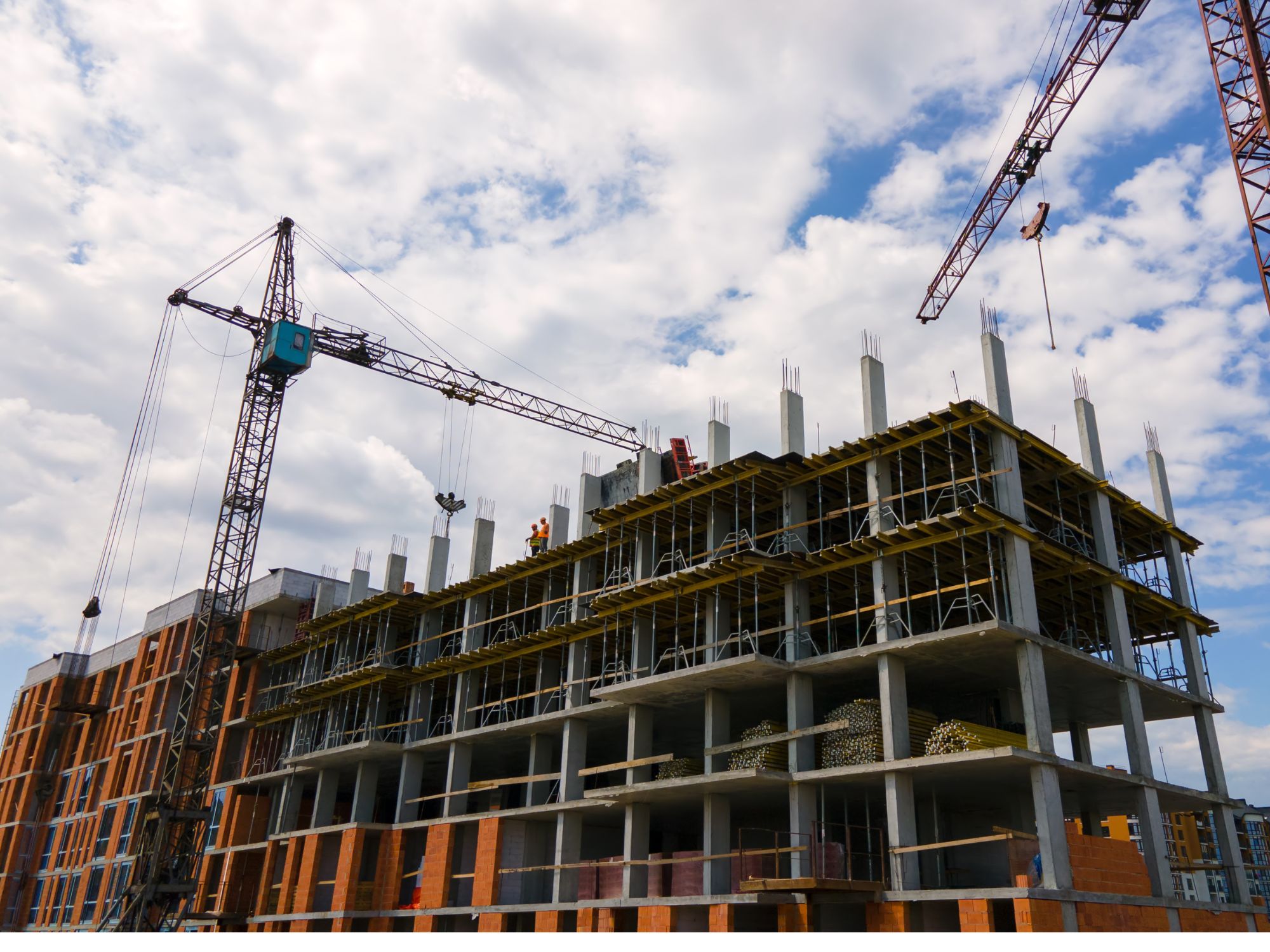Taxpayers on hook for needless delays and cost overruns
As municipal elections approach, it’s important for incumbents, candidates and the public to consider significant issues such as how tax dollars are spent.
One of those important factors is the spending on infrastructure and what procurement policies are in place to ensure funds are spent wisely and effectively, particularly when dealing with large projects that not only can cost millions but also provide critical services such as hospitals and schools.
Currently, municipalities don’t have a mechanism for sharing information about contractor work history. This has led to municipalities hiring contractors who have been in litigation with other municipalities for overspending, significant delays, and irregularities. The end result is some community projects have significantly exceeded budgets and, for example, led to years of delay for a much-needed hospital. Everyone pays the price for what are avoidable situations.
The Electrical Contractors Association of Ontario (ECAO) and their partners, the IBEW Construction Council of Ontario (IBEW CCO), are working with the Ontario government to develop a contractor registry to help ensure procurement officials have access to relevant information before making decisions on bids for work.
They are also working with municipalities to encourage them to be part of the process to ensure the registry is effective and practical.
As well as the registry, the ECAO has been actively communicating with municipal officials on other procurement practices that can impact the success of a project.
Graeme Aitken, Executive Director of the ECAO, was a key presenter at the Association of Municipalities of Ontario (AMO)’s recent annual conference in Ottawa, addressing mayors and councillors from across the province. He spoke on some key issues that need to be addressed in procurement to ensure communities are not only getting value, but that infrastructure is built effectively as well as on time and on budget. Graeme’s presentation touched on the following:
Considerations include the capacity of the contractor, previous experience and understanding that the lowest bid is not the only consideration.
In fact, research suggests that the lowest bid often ends up being the most delayed and expensive. It’s also important to note that new technology means more complex work and ensuring the contractor identifies sub-contractors who employ qualified and experienced skilled trades professionals.
Another major issue of concern is “price shopping,” where general contractors don’t identify sub-contractors in the original bid and instead just list costs for the various areas of work (i.e. electrical). After acceptance of a bid, the general contractor will then shop around to get a lower bid than the carried price, pocketing the savings—which could be in the hundreds of thousands.
This leads to a “race to the bottom,” which can involve the cutting of corners by the sub-contractor or hiring the least expensive sub-contractor who may do an inferior job, ultimately requiring the municipality to pay for the work to be done again, which also leads to “extras,” resulting in delays and cost overruns.
As the municipal election approaches, communities need to be asking candidates if they will support a contractor registry and review current procurement policies to ensure successful bids lead to successful projects.
Contact your local Mayor today.
Additional Information and Supporting Documentation:
